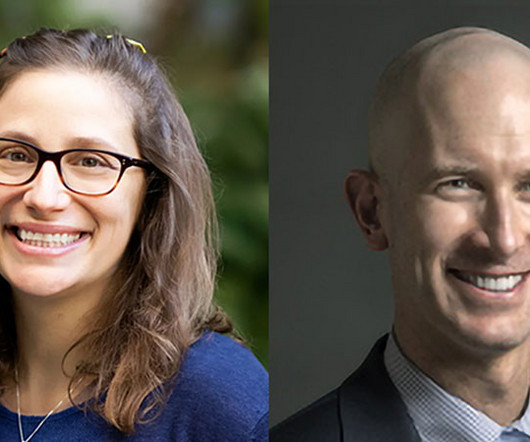Dysphagia Revisited: A Podcast with Raele Donetha Robison and Nicole Rogus-Pulia
GeriPal
MARCH 14, 2024
And then when you look long-term care facilities, more between that like 35 to 50%, and then much higher estimates in hospitalized older adults. Eric: And why is it more common in hospitalized adults? Nicole: Yeah, I think definitely delirium, but there are also a lot of medical conditions that can be specific to hospitalizations.






















Let's personalize your content